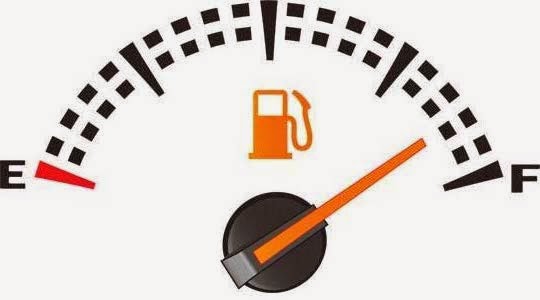 Whichever type of vehicle you drive rising costs mean fuel efficiency is probably high on your priority list. Whether you commute to work by car, use a van daily for your business or you are a professional truck driver, it is important you get the most bang from your buck for every litre of fuel.
Whichever type of vehicle you drive rising costs mean fuel efficiency is probably high on your priority list. Whether you commute to work by car, use a van daily for your business or you are a professional truck driver, it is important you get the most bang from your buck for every litre of fuel.
Trucks are on the road daily and therefore their drivers have the most to gain from these fuel efficiency guidelines outlined by Truck Locator. However, many of these tips will remain valid for whatever type of vehicle you drive.
Driving Habits
- In cold weather warm up your vehicle slowly so that there is no need to rev the engine. The higher the revs the more fuel you consume
- If you are out making deliveries in your truck or van and you have to remain stationary for any extended period, always switch off the engine. Surprisingly, even just letting the engine idle for an hour can use up to 2 litres of fuel. Therefore, those ten minutes parked up here and there can quickly mount up
- Always look ahead on the road so you can anticipate when you will need to brake or accelerate and can therefore do it smoothly and move through the gears more gradually. This is a much more fuel efficient way to drive as well as being safer for you and other road users.
- Speed is a big factor in fuel efficiency. The higher the speed the greater the drag, even a drop from 56mph to 50mph can lessen the fuel you use by 22%
- Make sure your vehicle is as light and aerodynamic as possible. Don’t carry anything unnecessary and remove luggage racks, bully bars and headache racks if they aren’t needed. If you drive a truck and it doesn’t have a tailgate cover get one fitted as this can reduce drag significantly
Maintenance Tips
As well as ensuring you are driving in the most fuel efficient manner you also need to carry out regular maintenance. These key areas are important for the smooth running and fuel efficiency of whatever type of vehicle you drive.
- Tyres: These need to be checked regularly to ensure they are at the recommended psi. If tyres deflate by even a small amount it can lead to more drag and higher fuel consumption
- Spark Plugs: These can act as a warning that your engine is burning too much fuel. Check them at least every year or every seven thousand miles to make sure they aren’t discoloured
- Oil: As a vehicle ages it will need more frequent oil changes. To extend the life of the vehicle use synthetic oil which keeps the engine better lubricated
- Air: Clogged air filters can reduce fuel efficiency by up to 10%, so make sure they are changed regularly. To better preserve the air filters clean the outside of your vehicle regularly, so that dirt and pollen doesn’t build up
If you want to dive deeper into maintenance issues for vans, a valuable resource is The Practical Guide to Van Ownership from Van Locator.
Of course, driving habits and maintenance are only one part of the equation. Vehicles will also vary quite considerably in their design as to their fuel efficiency as this guide to the most fuel efficient models of car demonstrates. When you are making a purchase you need to weigh up the initial cost against what you will spend on fuel over the life of the vehicle. Include also the cost of road tax as this will vary depending on the size of the engine and the vehicle’s fuel efficiency rating.
Following these guidelines will ensure your vehicle lasts as long as possible and you get the most mileage from every litre of fuel. Cost cutting in this way can help your household budget if you are a car driver and it can make a big difference to the bottom line of your business if you drive a van or a truck for work.

